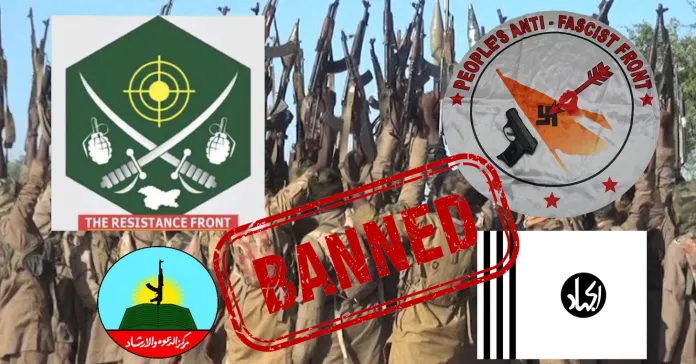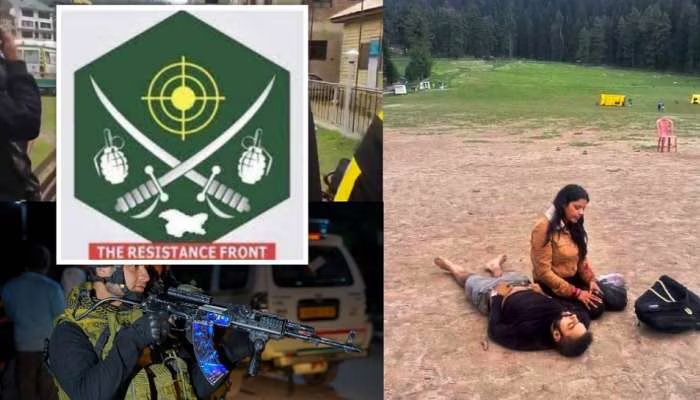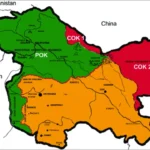On April 22, 2025, a devastating terrorist attack in Pahalgam, Jammu and Kashmir, resulted in the deaths of 27 individuals, including 25 Indian nationals and one Nepalese tourist. The assault, carried out by militants posing as soldiers, marked the deadliest civilian massacre in India since the 2008 Mumbai attacks. The group responsible for this tragedy, known as The Resistance Front (TRF), has been identified as a proxy of the Pakistan-based Lashkar-e-Taiba (LeT).
What Is The Resistance Front?

Established in 2019, The Resistance Front emerged as a rebranded entity of Lashkar-e-Taiba, a group designated as a foreign terrorist organization by the United States. Security experts suggest that the rebranding aimed to present the organization as a local resistance movement, distancing it from the religious connotations associated with its predecessor. This strategic move was likely intended to mitigate international scrutiny and maintain plausible deniability for Pakistan amid global counterterrorism efforts.
The Indian government officially declared The Resistance Front (TRF) a terrorist organization under the Unlawful Activities (Prevention) Act (UAPA) in January 2023. The Ministry of Home Affairs cited TRF’s involvement in recruiting youth for terrorist activities, conducting propaganda, infiltrating militants, and smuggling weapons and narcotics from Pakistan into Jammu and Kashmir. Additionally, the group has been implicated in psychological operations on social media platforms to incite violence against the Indian state.
The Pahalgam Attack
The Pahalgam attack occurred in the Baisaran Valley, a popular tourist destination. Gunmen posing as soldiers opened fire on a group of tourists, killing 27 and injuring over 20 others. The assailants were reportedly armed with M4 carbines and AK-47 rifles. TRF claimed responsibility for the attack, citing opposition to the settlement of non-Kashmiris in the region, which they allege is altering the demographic composition of the area.
Reactions and Consequences of The Pahalgam Attack
The attack has drawn widespread condemnation from political leaders and civil society. In response, India has taken significant retaliatory actions against Pakistan, including closing a key land border, suspending the Indus Waters Treaty, and cancelling a visa exemption scheme for Pakistani citizens. The measures reflect New Delhi’s accusation of cross-border involvement in the attack, though Pakistan denies providing any material support to insurgents, claiming only diplomatic and moral backing for the Kashmiri cause.
Security forces have launched a manhunt for the perpetrators, and Prime Minister Narendra Modi has vowed to bring those responsible to justice. The incident has raised concerns over the rising tensions in the region and the safety of tourists visiting Jammu and Kashmir.
The Pahalgam attack marks one of the deadliest incidents targeting civilians in India in recent years, underscoring the persistent security challenges in Jammu and Kashmir.




